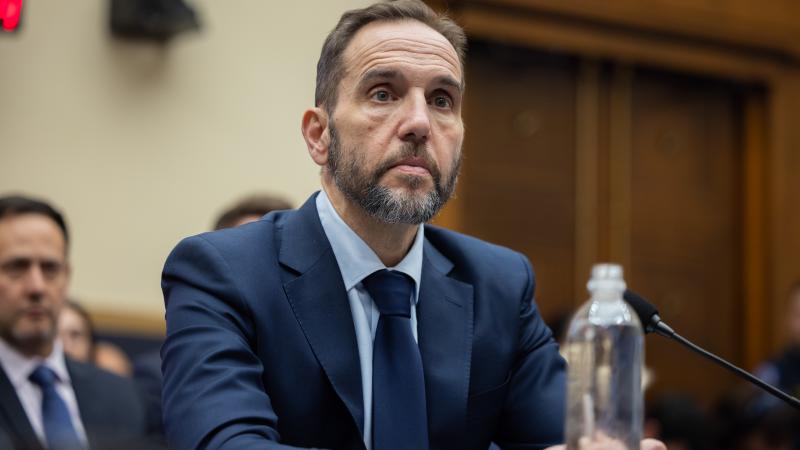Supreme Court weights case to limit EPA's authority over coal plants, greenhouse emissions
High court heard two hours of arguments, expected make a decision in June
The Supreme Court heard arguments Monday about whether the Environmental Protection Agency should be limited in its authority to curb greenhouse gas emissions from U.S. power plants, with a decision to be made public this summer that will likely impact Biden administration's plans to combat climate change.
The justices heard more than two hours of arguments in an appeal from 19 mostly Republican-led states and coal companies that contend the agency has only narrow authority to regulate carbon output, according to the Associated Press.
Some of the conservative justices on the nine-member benched appeared skeptical about broad EPA authority over carbon dioxide emissions.
However, power plant operators serving 40 million people are asking the court to maintain their companies’ flexibility to reduce emissions while maintaining reliable service.
President Biden has pledged to cut greenhouse gas emissions in half by the end of the decade, but he has so far failed to win congressional approval of climate change proposals contained in his Build Back Better plan.
Elizabeth Prelogar, Biden’s top Supreme Court lawyer, told the justices Monday that a new policy to regulate carbon productions from power plants is not expected before the end of the year.
But the court did not appear interested in Prelogar’s argument that it should dismiss the case because there is no EPA plan in place to deal with carbon output from power plants, the wire service also reported.
The court will make public its ruling in late June.
Several conservative justices have raised concerns about federal agencies having unchecked power.
West Virginia and other energy-producing states and coal companies are asking the high court to rule that the EPA does not have the wide-ranging authority to shift the nation's energy production from coal-burning power plants toward alternative solar and wind power, according to NBC News.
They also argue such policy can be set only by Congress.
The plaintiffs are not challenging a specific rule now in effect. They are instead contesting a federal appeals court ruling – which dates back to the Obama administration – that states the EPA could issue the type of regulations the challengers oppose.
The EPA under the Obama administration issued a plan to reduce carbon-dioxide pollution from power plants by allowing their operators to get credit for generating more power from alternative energy sources, NBC News also reports.
The coalition of states and coal companies sued, arguing the Clean Air Act gave the government authority only to restrict pollution from specific power plants, not to require power companies to shift to alternative methods of generation.
The high court blocked enforcement of the rule. And the EPA, under the Trump administration, proposed standards that would regulate only emissions from power plants.
Then a federal appeals court on Trump's final day in office, struck down his revised rule. So right now, no EPA restriction applies to carbon pollution from existing power plants. But the appeals court ruling left the door open for the Biden administration to resurrect the EPA’s earlier approach, involving a shift to cleaner sources, also according to NBC.













